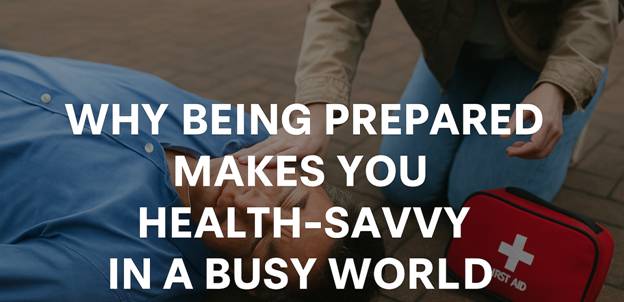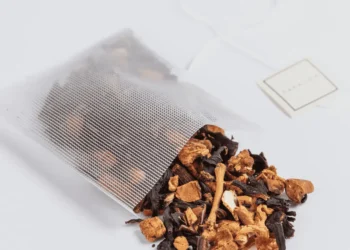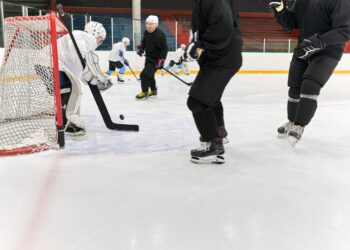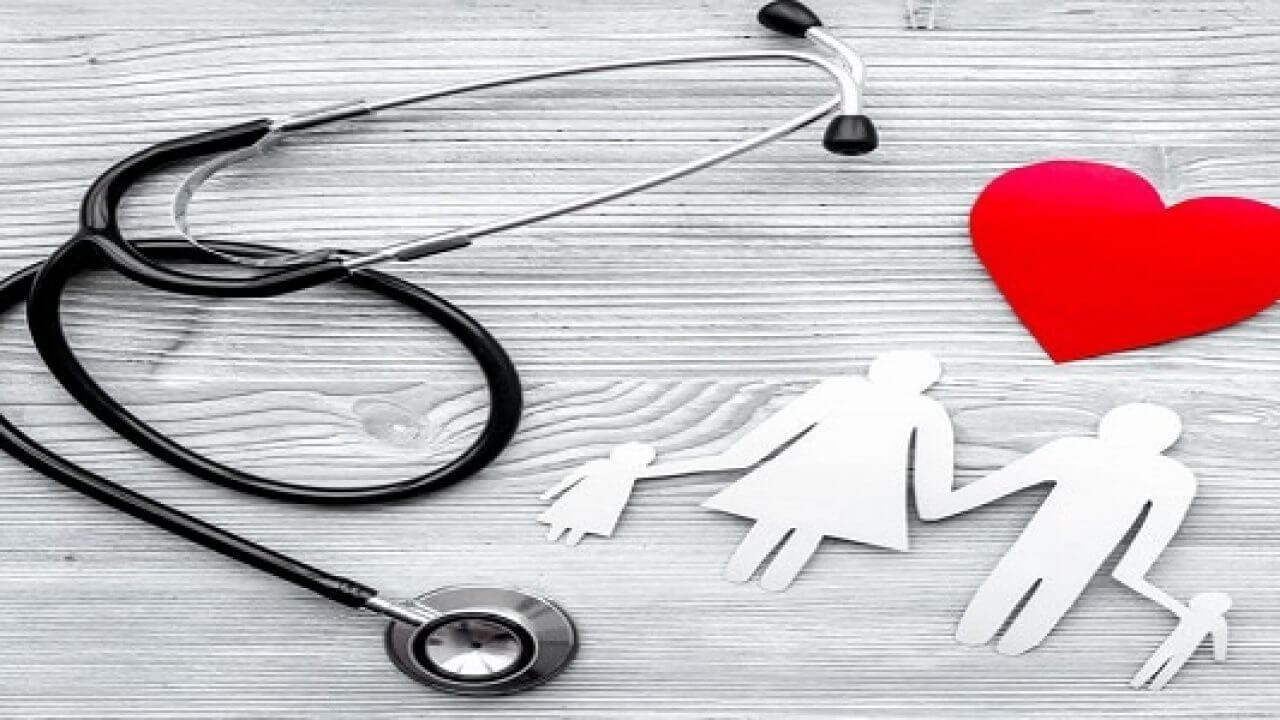In an age where life moves at high speed and busy is the default mode, taking time to learn something practical like First Aid in Edmonton may sound like an extra. But real preparedness isn’t an add-on, it becomes a foundation. Whether you’re commuting, travelling, working late or juggling family and career, knowing you can step in when someone needs help is a powerful form of health literacy that strengthens both you and your community.
1. What Readiness Really Means
We often think health is about doctors, clinics and prescriptions. But readiness shifts the focus: it’s about you being ready. It means spotting when someone needs help; acting instead of waiting; building confidence instead of anxiety. In everyday life, you might hear the cry of a child in the playground, someone slipping at a café, or a neighbour collapsing unexpectedly. Being ready means you don’t freeze, you respond.
When you’ve taken first aid classes, you’ve made health an active part of your life not just something you think of when something breaks. Preparedness becomes part of your personal brand of wellness.
2. Everyday Scenarios and Why They Matter
Think about your average day:
- Morning rush, coffee in hand, walking to work.
- Late-night social event or networking outing.
- Home life with children, elders, pets.
- Road trips, travel, spontaneous plans.
In each of these settings, chance plays a role. Someone may have an allergic reaction to food, someone may faint, a slip may lead to a sprain. These aren’t dramatic movie scenes they’re everyday health moments. And in many cases you may be the closest person to help.
Understanding First Aid in your local city means you’re not just a passive bystander, you’re a contributor to safety and care. That mindset anchors wellbeing in community, not just personal benefit.
3. Health Literacy Beyond the Basics
Health literacy is often about reading labels, understanding doctors’ instructions, managing chronic conditions. But preparedness adds another layer: it’s about knowing what to do before professionals arrive. In other words: you become part of the response, not just the recipient.
Here’s how it shifts your worldview:
- You see risk differently. You notice small warning signs instead of downplaying them.
- You stay calm in chaos. Because you’ve practiced, you don’t panic; you assess.
- You set examples. When your circle knows you’re trained, they trust you; they feel safer.
- You build trust. Because you act. Others see you as someone reliable in more than one sense.
4. How To Get Started Without Overwhelm
You don’t need to become an EMT overnight. Here are simple steps:
- Find a class locally: search for First Aid in locale and pick a beginner-friendly training.
- Equip a small first-aid kit: include bandages, antiseptic wipes, gloves, basic instructions. Store it in your car or home.
- Share the idea: Mention your training to friends or family. Maybe invite someone to join you next time.
- Practice awareness: On your next outing, mentally note where help would come from exit routes, signage, mobile coverage.
- Reflect occasionally: After a week/month, think: What if someone needed help right now would I know what to do? This builds the habit.
These steps aren’t distracting from your career or lifestyle, they enhance them.
Final Thoughts
In a world where being busy is the default, being ready adds peace of mind. It doesn’t mean you expect drama, it means you expect to support when needed. Taking a course like First Aid is a practical step that pays off not just in emergencies but in everyday life: in how you walk, how you talk, how you show up for people.
Next time you think of improving your life maybe pick up that course, set up that kit, give yourself the readiness that moves you from hope for the best to ready for what comes. Because health isn’t just about what happens to you it’s about what you can do.







